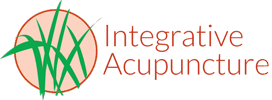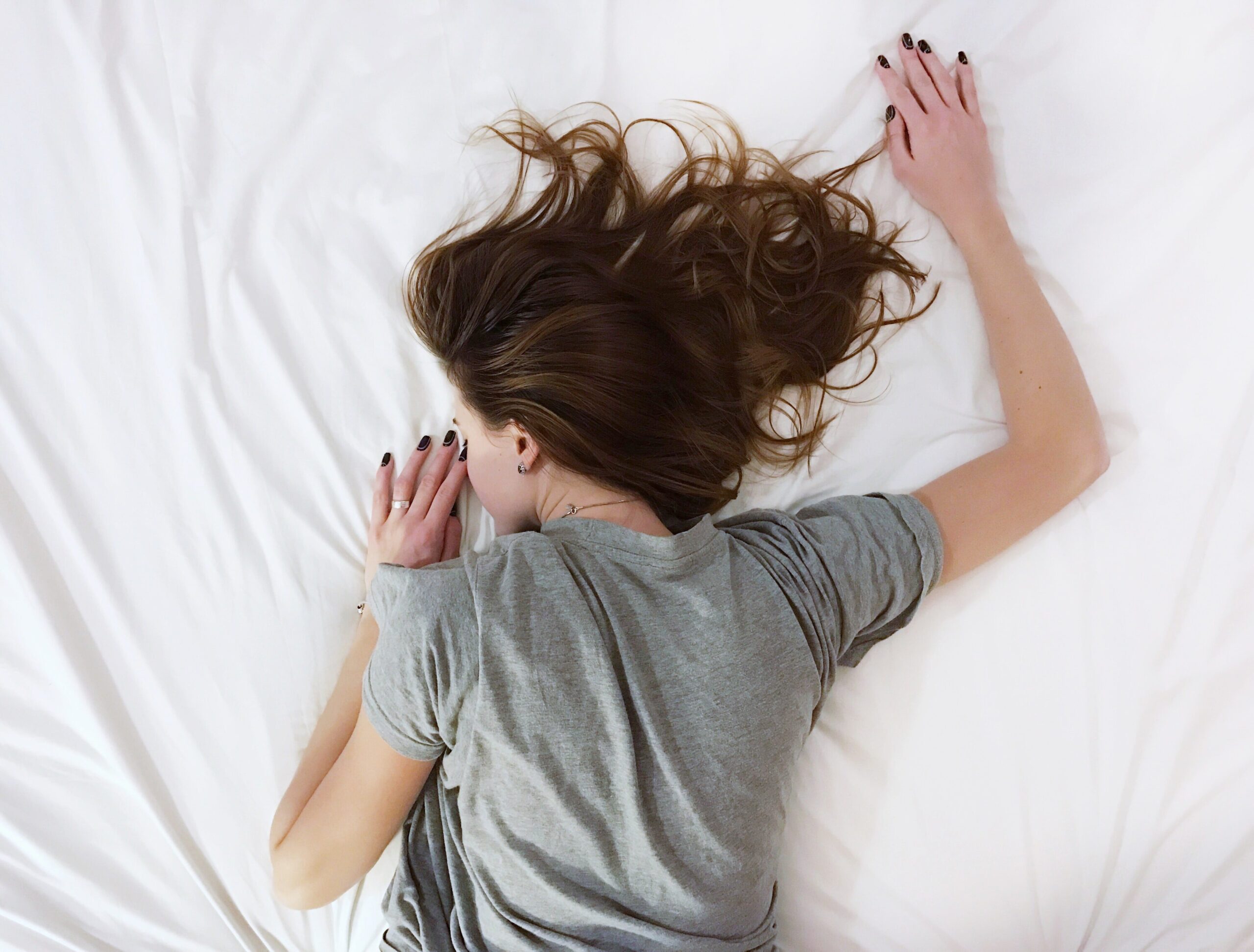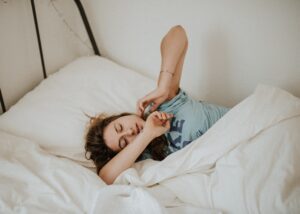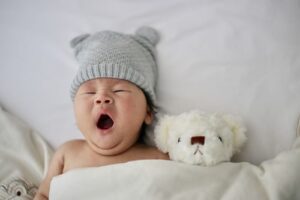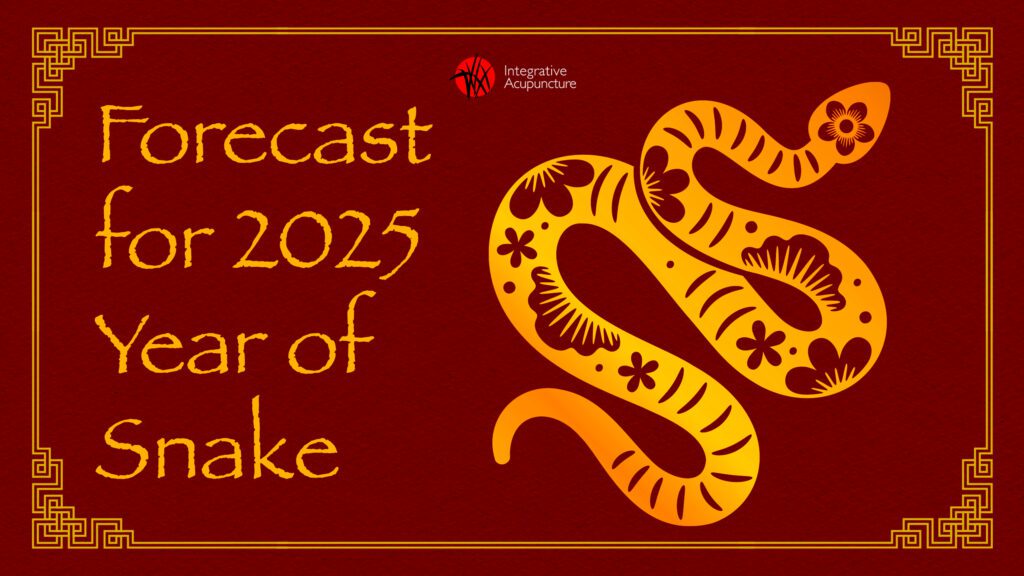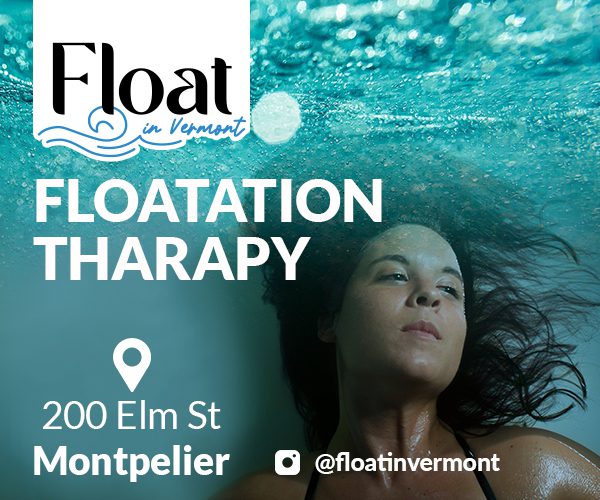Did you know that insomnia is one of the most common conditions? It’s true! Roughly 30% of American adults struggle with insomnia, and this percentage only increases age. Some people look for solutions for their sleep disturbances in medications or cognitive therapy. Unfortunately, these options do not help everyone. With such a high amount of people suffering from this condition, it’s no wonder that many are turning to acupuncture for treating insomnia.
As previously stated, standard treatment often includes medications and cognitive therapy. Both of these options can be helpful (at least in short term), but medications do have accompanying risks, or side effects. It is also important to note that insomnia is a condition–according to standard approaches–that can be treated but not cured. And while many Americans don’t meet the criteria of a ‘chronic insomnia’ label, anyone who lacks proper sleep on a regular basis will eventually suffer physical, mental, and emotional health consequences.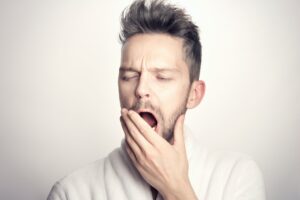
Besides the obvious fatigue that comes along with many types of insomnia, there can be accompanying effects such as headaches, dizziness, sore muscles, and mood fluctuations.
One large study found that those with insomnia were five times more likely to suffer from depression than those who got adequate sleep. This is in addition to other associated effects on brain health, cardiovascular health, immunity, and weight changes.
Acupuncturists typically ask about quantity and quality of sleep no matter the initial complaint or reason for seeking treatment. This is because as holistic health practitioners, we recognize the enormous impact sleep has on the overall health experience. If there are any deficits when it comes to sleep, this will usually be part of the focus for treatment. In Traditional Chinese Medicine (TCM), night time is yin time. This means that it is a time for rest, healing, and recovery. It needs to be in balance with yang time (daytime) activity levels. This harmony of yin and yang is central to the TCM understanding of health.
Acupuncture takes an individualized approach to insomnia.
Everyone is different, and there can be many reasons why someone is out of balance. In addition to external factors such as trauma or stress, the acupuncturist will take notice of a person’s internal environment. A pattern assessment is done to evaluate both the abundance and flow of blood and energy (qi) in the body, excess hot or cold type disorders and any organ imbalances. But is it effective?
In a review of random controlled trials evaluating the effectiveness of acupuncture for insomnia, acupuncture was found superior to medications in its ability to increase sleep duration for over 3 hours. Also, acupuncture in addition to medications showed better effect than medications alone on total sleep duration. Finally, acupuncture along side herbal remedies were better in improving sleep rates than herbs alone.
According to Western physiology, acupuncture affects our ability to sleep by triggering the release of our sleep hormone: melatonin.
Various other mechanisms are still being studied, such as the activation of specific brain pathways involved in sensory processing. Acupuncture also stimulates the vagus nerve, which helps shift the whole body into a more relaxed state. When the body goes into this state, not only does sleep quality improve, but the body also turns on the immune and repair systems. Doing so cuts down on oxidative stress and inflammation.
If you feel as if your nighttime sleep schedule needs some support, please don’t hesitate to reach out! Contact us with any questions you may have or schedule an appointment online. We look forward to working with you.
